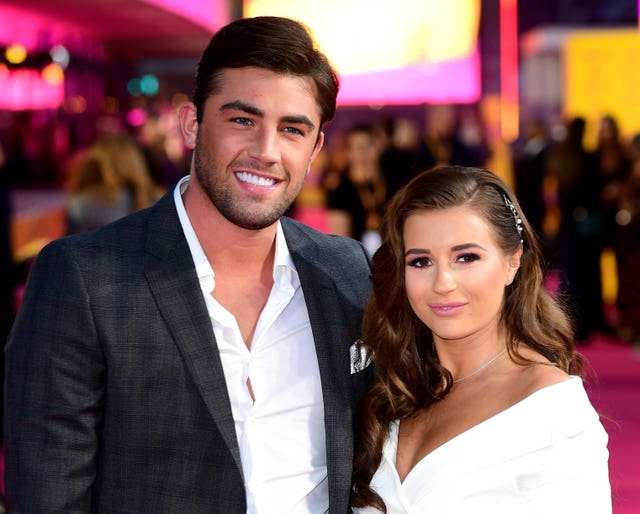Media watchdog Ofcom has announced it is proposing new rules to protect participants in TV and radio shows, and to ensure they are properly cared for by broadcasters.
The regulator said it will add two rules to the existing Broadcasting Code, which will protect the welfare of participants in reality shows, documentaries, news and current affairs, phone-ins, quiz shows, talent contests and other forms of factual and entertainment programmes, but not drama, sitcoms or soaps.
The new rules state that “due care must be taken over the welfare, wellbeing and dignity of participants in programmes”.
We’re welcoming views on proposed new rules to ensure that people who take part in reality TV shows are properly looked after by broadcasters. Read about the proposals in more detail and respond here: https://t.co/z4lcHmZCyY
— Ofcom (@Ofcom) July 29, 2019
The second states that “participants must not be caused unjustified distress or anxiety by taking part in programmes or by the broadcast of those programmes”.
The proposed rules reflect the fact that very different forms and levels of care may be appropriate, depending on the person participating, a programme’s format and the nature of the participation, Ofcom said.
The watchdog added that it wishes to ensure that the proposed new rules do not make programmes less likely to feature people with vulnerabilities, as there is a public interest in their representation.
Tony Close, Ofcom’s director of content standards, said: “People who take part in TV and radio shows must be properly looked after by broadcasters, and these rules would ensure that happens.
“These new safeguards must be effective. So we’re listening carefully to programme participants, broadcasters, producers and psychologists before we finalise them.”
Ofcom will offer guidance to help broadcasters interpret and apply the new rules and is inviting feedback from broadcasters before issuing final decisions in the winter.
The guidance might include what broadcasters should do to look after participants before, during and after production.
It would also consider editorial techniques involving participants, such as the use of lie detectors.
The watchdog said the proposed changes come during a developing cultural change about awareness and destigmatisation of mental health and wellbeing.
It added that health professionals working in advisory roles in programme-making have raised concerns about inconsistencies across the industry in the due care of participants in programmes and that complaints received by Ofcom have more recently reflected a greater public awareness about
the welfare and wellbeing of participants in programmes.
Ofcom cited the 25,322 complaints it received about Celebrity Big Brother last summer after Roxanne Pallett claimed that her fellow housemate Ryan Thomas had physically assaulted her.

Most complainants expressed concern about the personal impact on Thomas and others specifically expressed concern about Pallett’s wellbeing.
It also referred to the 7,912 complaints last August after Kim Woodburn appeared on Loose Women.
The majority of complainants expressed concern that the presenters had humiliated Woodburn and caused her unnecessary distress.
It also cited the 2,644 complaints received in July 2018 about Love Island participant Dani Dyer being shown a video of then-boyfriend Jack Fincham reacting to his former partner entering Casa Amor.
Many complainants expressed concern for Dyer’s mental wellbeing.

The watchdog said any significant viewer and listener concerns in this area create a risk of undermining audience trust in broadcasting.
The deaths of former Love Island contestants Sophie Gradon and Mike Thalassitis have led to increased scrutiny on ITV over the reality show’s aftercare.
The broadcaster announced an enhanced duty of care process for participants on the show, including a minimum of eight therapy sessions.
The Jeremy Kyle Show was axed after the death of participant Steve Dymond and the Digital, Culture, Media and Sport Committee has launched an inquiry into reality TV.
